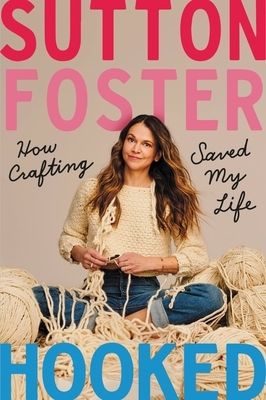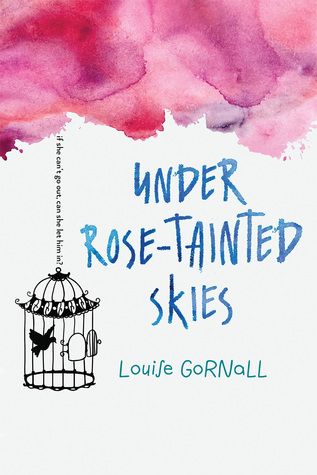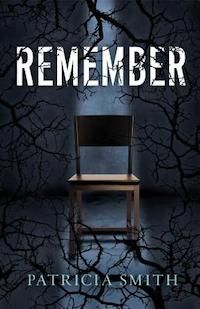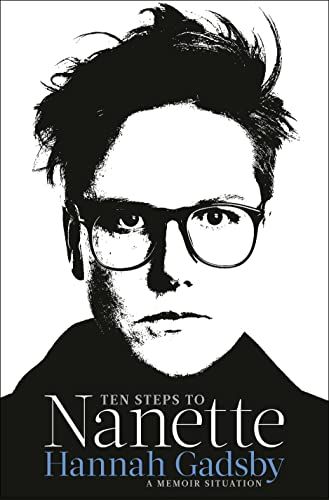Mental illness has never, and will never be, a one size fits all. Many of the illnesses themselves make it difficult for the person experiencing them to reach out and piling on top of that a society that adds to the stigma leaves so many people alone, vulnerable, and feeling trapped when help does exist. We should be creating a world where people have an easy and accessible way to reach out where they will be met with understanding and patience rather than mockery, stigma, or fear. We need to get to a place where we talk about depression, anxiety, obsessive-compulsive disorder, agoraphobia (insert the whole list here), the way we do the flu or a broken arm. Imagine how many more people would seek help. The challenge in accessing health care is a connected, equally important conversation.
Sometimes learning about a thing helps us be a better human about it to others. Sometimes it helps a person to see themselves, or find language for how they’ve been feeling. So let’s start with what agoraphobia is: “a type of anxiety disorder in which you fear and avoid places or situations that might cause you to panic and make you feel trapped, helpless or embarrassed.” So a component of agoraphobia is avoidance. Often stemming from trauma and/or anxiety and/or panic attacks/disorder. Agoraphobia can range from avoiding certain situations, places, or things to not being able to leave your house or even a room. It’s avoiding places and things that feel unsafe or that could potentially feel or be unsafe and seeking to remain in a safe, controlled environment. The larger the scope of the avoidance, the more hindering it is to the person’s life. People without agoraphobia found out the difficulties of having many things reduced in their life if they went into the two week lockdown (or longer) during the pandemic. How many systems were designed for in-person only?
So why don’t we talk about agoraphobia? I don’t have an easy answer to this, nor do I think anyone does, or can, as it’s probably many factors. A component is how difficult it is to speak about mental illness. For starters, how do you talk about a thing that can at best feel abstract in your mind? Or leads to more anxiety or panic when discussing it? Even if you find the words for it, will you feel ridiculed? Misunderstood? Feared? Vulnerable?
Finding books with agoraphobia in them required me to really search and the results were far from plenty. I was however able to find books in different genres. Here are the books I found and read, in this order, that dealt with agoraphobia to some degree. If you’re looking to understand it more for yourself or someone else, I hope something here helps you to at the very least feel less alone and start a discussion.
My research found me two more books with agoraphobia that I’ve yet to read. The Trap by Melanie Raabe, translated by Imogen Taylor, is about an agoraphobic best-selling author who hasn’t left her home since her sister was murdered, which was over a decade ago. And in the women’s fiction genre is Eliza Starts a Rumor by Jane L. Rosen, about a woman with agoraphobia whose children are now grown and finds herself desperately clinging to a bulletin board she started when they were children.
It’s not surprising that the audiobook, read by Foster, is incredibly narrated. And this is one of those memoirs where you do not need to know of the person for you to enjoy it.
(TW death of parent/cancer/fertility issues, IVF, miscarriage)
Norah is seventeen and lives with her mom. She can’t step a foot outside of her house because of her anxiety, OCD, and agoraphobia. When her mom, her resource for everything, ends up not being able to come home for days, Norah’s world begins to spiral. There’s also a new neighbor, who talks to her like dating is an option for her, posing a wonderful opportunity with new challenges. We watch as Norah struggles in specific moments and in general in day-to-day while working with a therapist and doing her best, all with a great sense of humor. Readers watch Norah experience panic attacks and OCD thoughts, as she explains what it’s like to be in her body as these moments are happening.
This really takes you into the mind of someone with mental illness while creating a book full of heart and hope, with a character to love at the center. It was also really nice to see a girl who had a support system for her like her mom who did not treat her like a burden.
I also really loved the audiobook.
(TW self-harm/panic attacks and OCD)
(TW suicide, details/suicidal thoughts, details/disordered eating/panic attacks)
The book is a psychological suspense novel about a young woman, Portia Willow, living with her father after tragedy struck their family. She’s an alcoholic, has PTSD, and is unable to leave the house, having had social anxiety since childhood. She slowly gets to know her new neighbor and, wanting to have her first romantic relationship, attempts to work through her barriers. This book also shows the buddy system as Portia has her neighbor/boyfriend go with her to the university as she attempts to go to school again. I think what stuck with me most about this book was how readers were taken into the struggles of how limiting PTSD, panic disorder, addiction and agoraphobia can be and how untreated it can continue to get worse.
(TW alcoholism/social anxiety, panic attacks, PTSD/past suicide mentioned)
She narrates the audiobook and I highly recommend that format, which inserts audio from performances, if it’s a format you read in.
(TW Gadsby kindly provides a heads-up at the beginning of the book. Here are my notes: suicidal ideation/fatphobia/homophobia, homophobic violence/ableism/child molestation/sexual harassment/sexual assault)
For more information on agoraphobia, including resources and help, here is the Cleveland Clinic’s page. And if you’re looking to read more in the area of mental health and mental illness you can find roundups and personal essays in those links.





